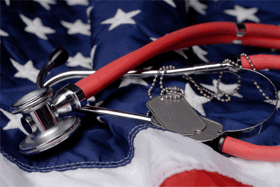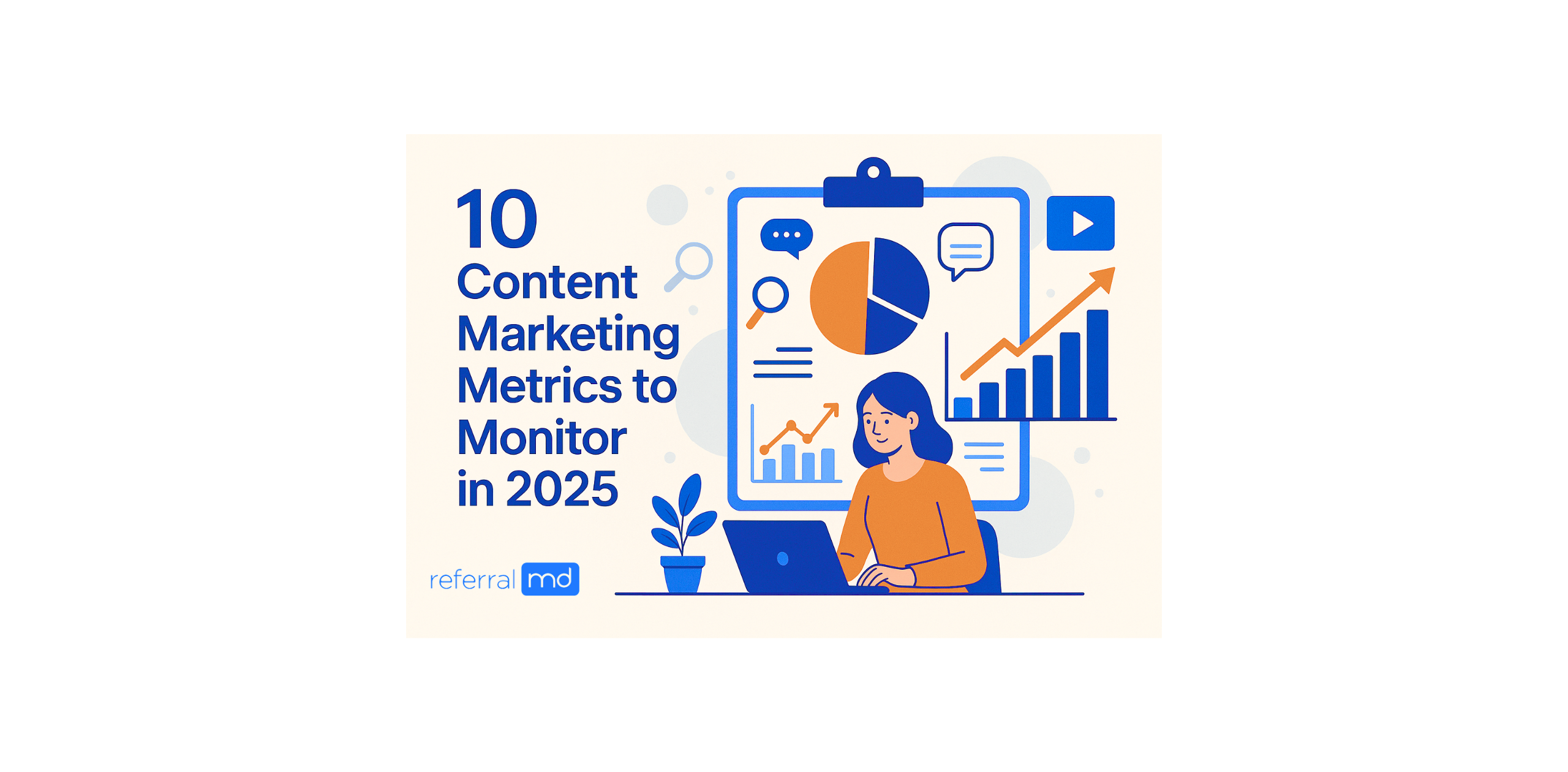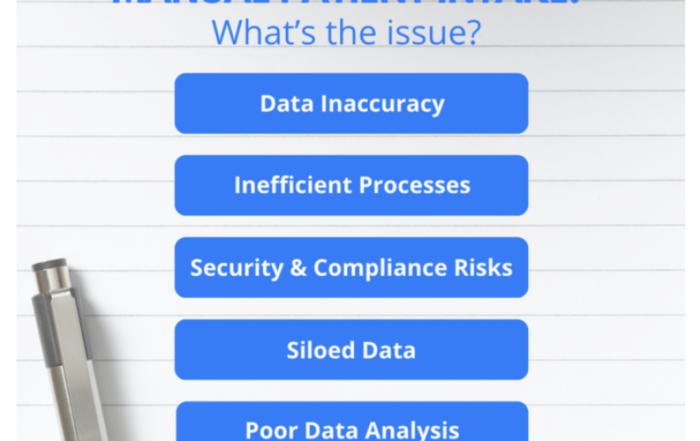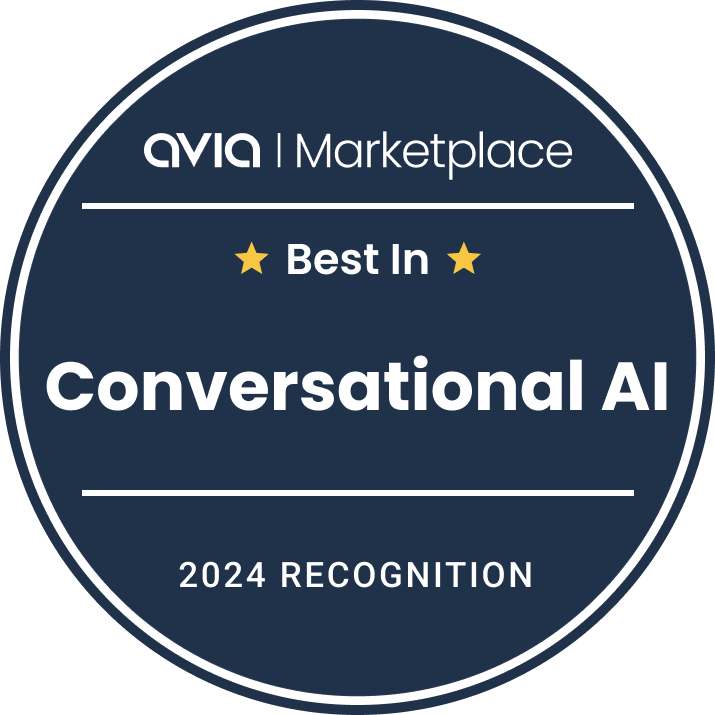 The hi-tech software that has entered the medical field is changing rapidly. There are incentives that have been set up to make entering into the new field of medical technology worthwhile.
The hi-tech software that has entered the medical field is changing rapidly. There are incentives that have been set up to make entering into the new field of medical technology worthwhile.
Back in December, 2009, Chris Thorman of Software Advice wrote about the critical need to get your office moving into the electronic health record direction before the choice is out of your hands. He has several detailed lists and graphs that point out the positive reasons for a now and not later move.M
Military Has Gone Hi-Tech with Medical Software
While it may not pertain to the average medical practice, the government has made rapid entry into the EHR and EMR fields for the troops overseas. The EMR programs are in force to make the care our troops receive the best possible under difficult circumstances. Major Mark Mellott wrote an article (August 22, 2012) detailing this. Their main emphasis is to show any open encounters. It started out showing over 600, but now it is down to 10 a week.
Then the Coast guard has adapted mobile interface to the EHR. Mary Mosquera (August 21, 2012) wrote how the mobile interface will make the needed medical information available in a variety of settings.
The Coast Guard operates 43 ambulatory clinics across the nation and remote sickbays on land and afloat.
Another article from Software Advice, written by Don Fornes (December 2007), 10 Best Practices for Selecting Electronic Medical Records Software, gives some very basic but solid points to look at when purchasing EMR software. While it was written in 2007, the points are still valid. While there are things you cannot change in any software, there are features to look for when choosing you EMR software.
Therefore, it’s critical to map out your ideal workflow and how you interact with office staff to complete a patient visit.
How Does your Choice of EHR’s Effect You?
You need to make it your own as it will ‘impact how you practice medicine.’ It is your office and should complement your office. Look at those points that you feel you really need. It is possible to have a system for specific specialties. A generic system does not fit all medical offices. How much do you want it to include? How about including your medical billing, scheduling and practice management? This can all be included in one software setup and does not have to be separate programs.
Look carefully at the vendor’s viability. Are they a company that is going to be around, able to give you the needed support in the future? You will need upgrades. Do not go for the cheapest price as that vendor just may be ready to sell out to a bigger company, leaving you to face the changes that may follow. Most vendor’s have a demo so you can “try out” their system. How does it feel to you? Is it user friendly or do you really have to play seek and find?
We recently wrote an article about “Electronic Health Records Epidemic is Here – Who Will be Infected Next?” that offers you some more guidance.
3 Stages of Implementation
Hopefully by now you are aware of the three stages of implementation:
NCQA’s ACO or the Accountable Care Organizations, accreditation program has been broken into three accreditation levels.
- Level 1 will last for two years. This is for the beginning transformation of the medical office in its effort to meet the expectations set up.
- Level 2 will mark those organizations that seem to have the best chance of completing all three levels. They are able to show ‘a broad range of ACO capabilities.’ This level was to end in 2013 but was extended.
- Level 3 designates organizations who have completed Level 2 and show that they have made significant improvement and show a solid performance ability. The year 2016 is the goal for reaching this level.
Stage 2 has been delayed until 2014. It helps those who have held off, but some feel it is unfair to those who got going right away. Mary Mosquera, a Senior Editor for Government Health IT has been following this all closely.
The original 2013 timeframe does not give vendors enough time to design, develop, and test new functionality and providers to deploy it and report measures for one year, said Dr. Paul Tang, vice chair of the Health IT Policy Committee and chair of its meaningful use work group.
Yes, this is a new frontier of medical technology, but it will not remain new for long. It is important to be one of those who are ready to make that initial step into this new frontier.
Do you consider yourself ready to move into this new technology?
If you believe your are, then share with our readers below.









